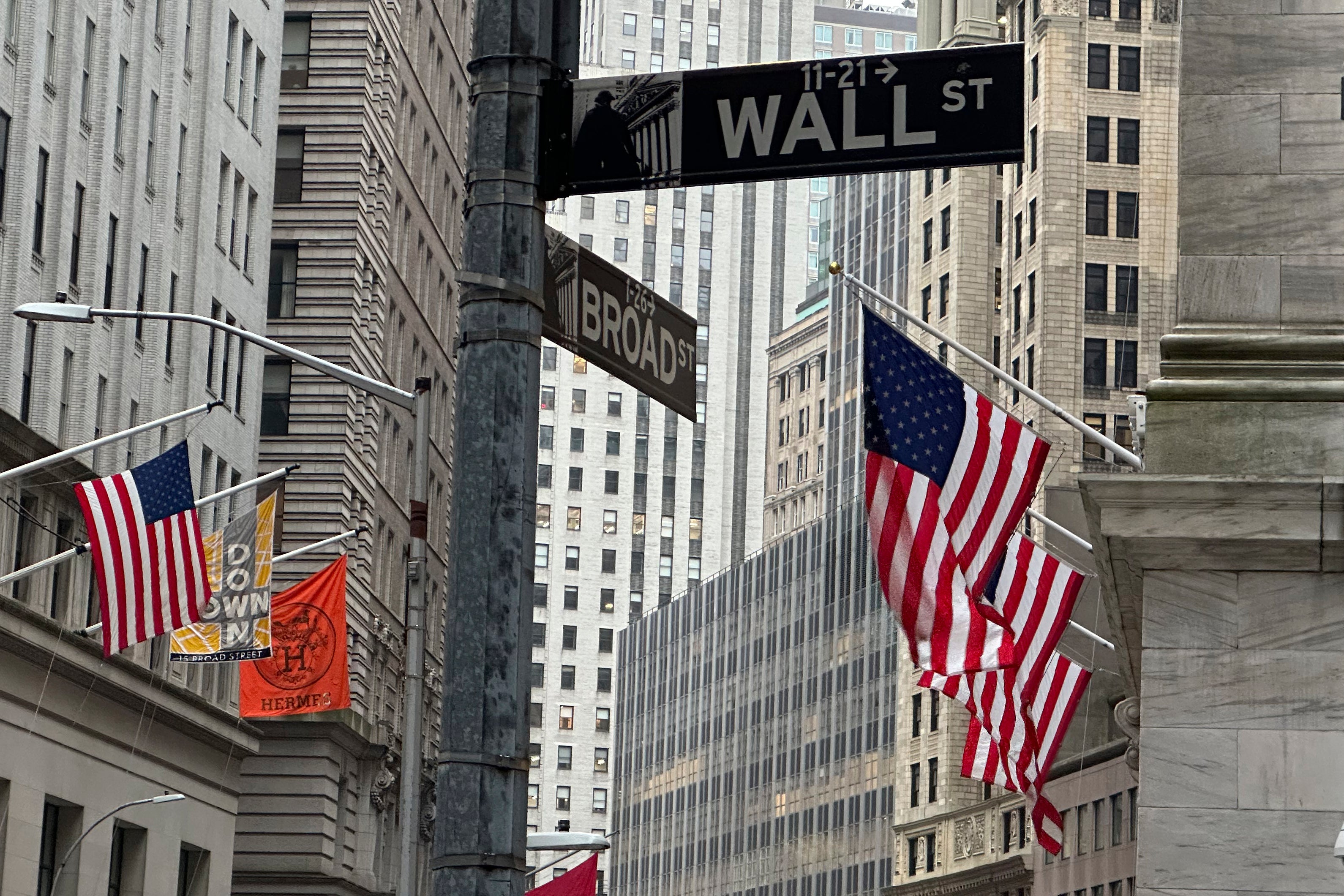Why are the stock markets plunging – and what does it mean for you?
Fears about the state of the US economy have sent share prices sliding around the world, writes James Moore. With the chancellor needing private sector investment to pep up the UK’s economic prospects, she could be in for a challenging time


Honeymoon period? What honeymoon period?
Britain’s brand-new government has found itself facing a fiscal crisis, forcing unplanned cuts to public spending and (probably) tax rises. Far-right thugs are rioting on the streets. Now we have a market meltdown adding to the toxic mix.
The turmoil in the markets is starting to look serious. And the consequences could be serious, too – with the impact felt far beyond a potentially bruising bonus season for bankers.
First to the causes. A poor earnings season, and outsize spending on AI, were what initially sparked a correction in the tech sector. But what has really got Wall Street’s bears sharpening their claws are the growing fears about prospects for the wider US economy.
Both international and domestic investors have started to lose confidence in it. Last week’s figures from the US Bureau of Labor Statistics, were bad, so bad that they caught economists on the hop. Just 114,000 jobs were added in July, far below forecasts which called for around 175,000 new roles, and a sharp drop on the 179,000 created the previous month. In an average month over the previous year, some 215,000 new jobs were created.
If these numbers represent more than a blip, if they are in fact telling a story, things could quickly get sticky. Note that the US unemployment rate also rose, to 4.3 per cent – the fourth consecutive monthly increase.
The US Federal Reserve sitting on its hands after the Bank of England and other central banks had cut their interest rates didn’t help. Wall Street entered 2024 hoping that a string of rate cuts would give the American economy a tune-up. They were given succour by some optimistic noises from the Fed itself. The more excitable commentators talked of as many as six cuts. But American inflation has proved a lot more persistent than expected. The Fed may now only move once by the end of the year. Twice at a real push.
High rates act as a brake on an economy, as our own experience proves. They squeeze consumers who find borrowing more expensive and thus put off purchases, especially big ones. They are a burden on businesses, especially small ones, which struggle to find the financing they need to grow.
Combine this unhappy backdrop with a disappointing US earnings season, the tech sector’s woes and the fact that stocks have been run up very strongly over the past few years, and, well, it shouldn’t come as any surprise that gravity has exerted a powerful downward push.
But the size of the downgrade has taken many by surprise, with US stock markets tumbling after Europe and Asia also suffered falls. The tech-focused Nasdaq opened 6.3 per cent down. Japan’s Nikkei index suffered its biggest single-day points fall since 1987 and other markets in Hong Kong, India, Australia and Shanghai all suffered losses.
Here’s why this matters to you and me, beyond looking at our ISA and pension savings in despair. The chaotic conditions on the markets and what this says about the wider US and world economy will have been noted in boardrooms. Falling share prices upset investors, who start looking for people to blame. To keep themselves out of the firing line, bosses prioritise short-term largesse for shareholders over longer-term investment spending. Finance chiefs inevitably dust off their cost-cutting plans, and that means job-cutting plans.
We’ve already seen the collapse of one potential deal – the proposed takeover of Wood Group, an Aberdeen-based oil services business, by Sidara from Dubai. The latter had been courting its target for months and a deal looked to be in the offing, only for Sidara to pull the plug and walk away citing geopolitical uncertainties. In one fell swoop Wood’s shares, listed on the FTSE 250 Index of second-tier companies, lost comfortably in excess of a third of their value. There will be more like it.
The problem for chancellor Rachel Reeves, as she tries to steady UK plc, is that she needs stability and private sector investment. For her, this squall couldn’t have been more badly timed. This is not a good time to be courting investors.
By contrast, it’s very good news for Donald Trump. Remember that line – “It’s the economy, stupid” – from the Clinton era? That could have been made for him. American voters tend to punish incumbent politicians when the economy takes a bath. Some people are even talking recession.
Trump has already been at it on social media. “Voters have a choice,” he wrote, “Trump prosperity or the Kamala crash & great depression of 2024.”
Of course, things can change quickly. Perhaps America’s slowing economy and its sky-high rates result in better-than-expected news on inflation over the coming months. Perhaps the Fed will then feel it’s time to do Uncle Sam’s economy – and the global one – a solid by cutting rates.
As we have seen on this side of the pond, there is nothing like a rate cut to change an economic narrative. And, as I’ve said before, a correction was overdue. Share prices had rather got ahead of themselves. Yes, the timing is fairly awful but, then, there is never a good time for this sort of thing.






Join our commenting forum
Join thought-provoking conversations, follow other Independent readers and see their replies
Comments